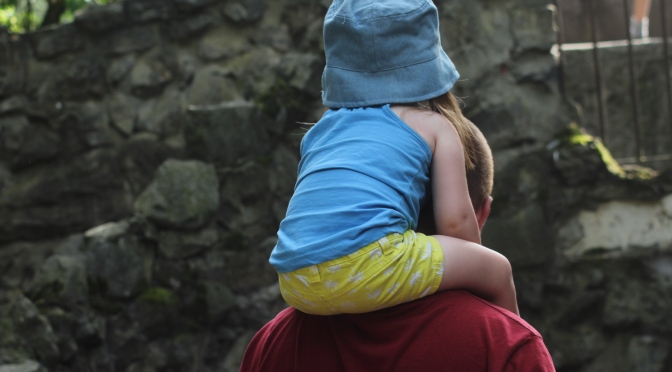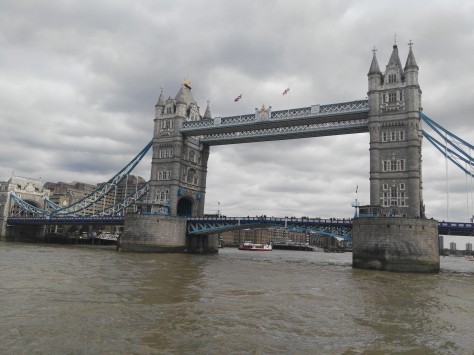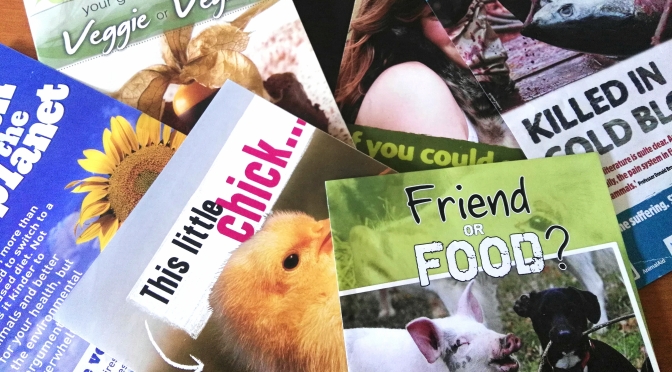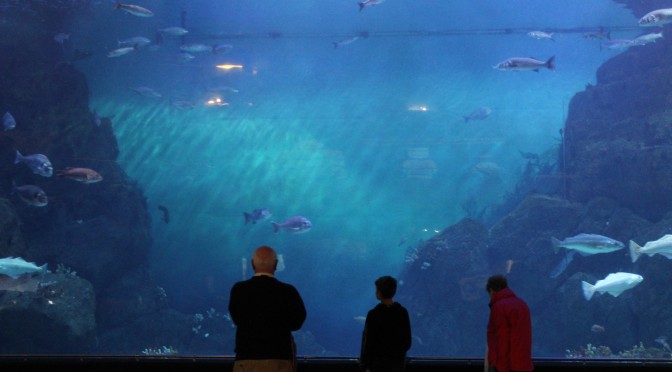“Do as little harm as possible”
Close to Piccadilly circus in London, Leah promotes veganism and animal rights. Working for Animal Aid, she talks to people to convince them that animals have the same feelings as humans. She gives away flyers and makes clear that we should be more aware of animals’ feelings. “Animals need more rights, we forget that we are actually animals as well.”
Animal Aid
As the UK’s largest group, Animal Aid is also the longest established in the world. They campaign peacefully against all forms of animal abuse and promote cruelty-free living. Also, they investigate and expose animal cruelty.
According to Animal Aid, animals do not need the same rights as people. “The rights that should be accorded non-human animals are the rights not to be killed by people, except in their self-defence or to end severe suffering that would otherwise continue.” They think that freedom from torture and exploitation are other basic rights that should be extended to all those species. “While some animals kill others to survive, we don’t need to. There is no other species that has our capacity for grandly choreographed, industrialised destruction.”
Unfair treatment
“Defending animals does not mean caring about them more than about people,” says Leah. “It’s about protecting other species from cruelty and unfair treatment, and not causing them any harm.” There are several practical steps for everyone. “We can cut out animal products from out diet, buying clothing and footwear that use non-animal alternatives to leather and wool, avoiding products that have been tested on animals, boycotting zoos and circuses with animals and many more.”
Animal Aid promotes ways of living that reject using or consuming the flesh, milk eggs and skins of animals. They oppose the trade in pets and oppose leisure pursuits that depend on chasing, bullying, demeaning and killing other species. “While it is impossible in this world to live a perfect life, we believe that the first principle should be: do as little harm as possible.”
Don’t cause deliberate harm
Dogs and cats yelp by everything that hurts them. Animal Aid says that whether in your home, on a farm, in a laboratory or in the wild, animals experience pain and fear and will try to protect themselves from being hurt. Leah adds something as well. “This is the same for fish as it is for people. Fish all have nerve chemicals and cell receptors necessary to experience pain and stress,” say Leah. “Even where we cannot be certain of their experience of pain, for example in the case of insects, we should give them the benefit of the doubt and not cause deliberate harm.”
Free-range is not free
On many free-range farms, hens are still crowded into sheds with limited outside access. “Free-range birds are usually the same highly bred type as the ones who are raised in factory farms,” says Leah. “The birds that don’t reach the outside often have diseases, which makes them die early.” A lot of people think that organic food is a good option if you want to eat cruelty-free food. But this is actually not true. Hens can still be housed in groups of up to 3000 and may only have access to the outside for as little as a third of their lives. No matter how they are kept, the short lives of all egg-laying hens end with a traumatic journey to the slaughterhouse. “They are only 72 weeks old, when they are no longer able to produce the amount of eggs demanded,” says Leah. “They are slaughtered and made into cheap meat products.”
Animal Aid also gives guides to go veggie or vegan. It contains some recipes, and gives information about how to animal























